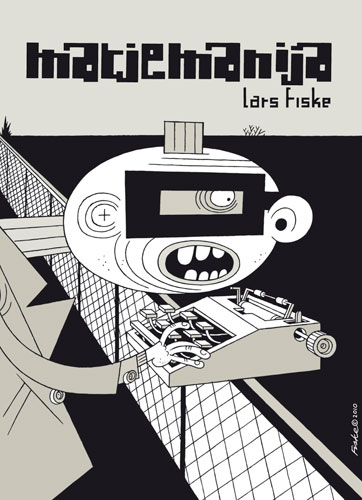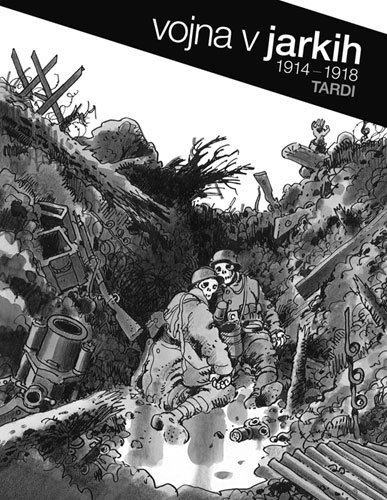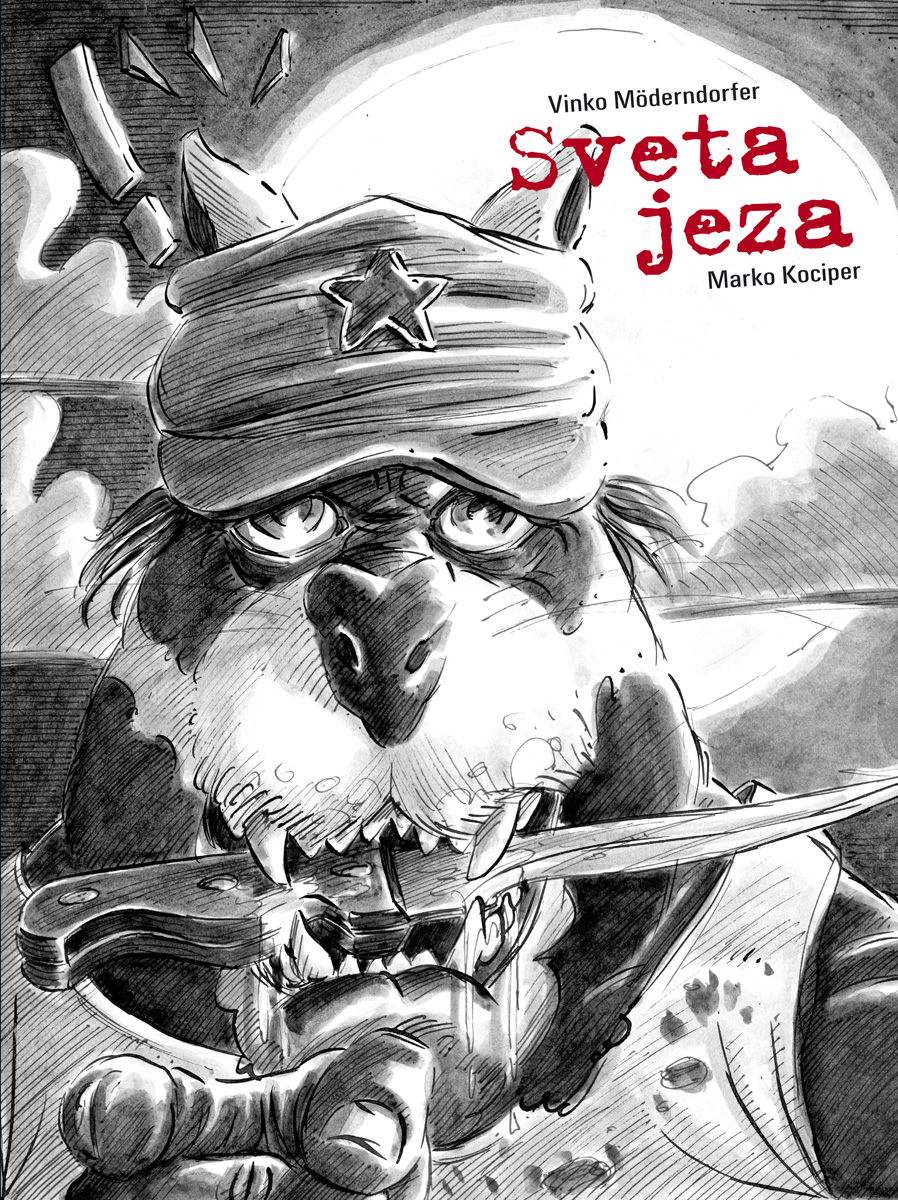(Stripi na temo dela)
Le vkup, le vkup, uboga striparska gmajna!
Letošnja posebna številka Stripburgerja je posvečena delu v vseh njegovih oblikah. Ja, prav ste prebrali, tej grdi besedi na d-.
V teh burnih časi smo priče spremembam v paradigmi dela. Nekoč je delo bilo sestavni del preživetvene strategije, zate, način samoizražanja, dandanes pa ga ne ločimo več od prostega časa. Kako sploh definirati delo? Je to razumsko veoden postopek, ki vodi k nekim otipljivim ciljem, lai pa je to kar vsaka človeška dejavnost, pri kateri je nekaj ustvarjeno? Ali gre samo za plačano delo, ki je poplačano s plačo ali mezdo, kaj pa prostovoljno delo? Je mar delo tisto, ki je ustvarilo človeka, ali pa velja prav nasprotno, da smo mi tisti, ki dajemo pomen svojim ustvarjalnim dejavnostim, in jim rečemo delo? Kaj pa v umetnosti? Ali umetnik ustvarja ali dela? V njegovem primeru, kakšna je razlika med tema dvema pojmoma?
O naravi dela v sodobni družbi se je mogoče vprašati veliko vprašanj. Zaradi izmuzljive narave definicij dela smo vam pripravili seznam pojmov, namigov in izhodišč, povezanih z delom, ki vam, dragi avtorji, lahko poslužijo kot vir navdiha, ko se boste spopadali s to zahtevno temo. Pričakujemo družbeno angažirane stripe, toda tudi čisto zasebna razmišljanja na temo dela, položaja in pravic delavcev ali umetnika kot delavca, pa tudi čisto zabavnosmešne stripe, lahko so tudi žleht! Naj ne bodo politično korektni, to je za šleve, pričakujemo polnokrvne stripe, ki bodo v prihodnosti postali pogosto citiran vir, lahko pa so tudi vsaj zabavni!
Spodaj je seznam izhodišč in idej, ki je priporočen, ni pa predpisan. Vzemite si svobodo in obdelajte tudi kakšno drugo sorodno idejo, ki se vam zdi plodna:
Delo kot:
- vir preživetja
- muka, napor
- tipično človekova dejavnost
- nujno zlo
- štos, fora, hec, zajebancija
- »Kdor ne dela, naj ne je!”
- delo kot božanska dejavnost – »creatio ex nihilo«
- delo vs. počitek
- čakanje na delo (Zavod za zaposlovanje)
- delo vs. antidelo
- delo doma
- ročno vs. intelektualno delo
- tabu dela / prepoved dela
- prekerno, začasno, sezonsko, honorarno delo
- deloholizem
- pripravništvo
- stavka / zavračanje dela
- legalno in ilegalno delo/delo na črno
- prostovoljsko delo
- sindikati
- zgodovina dela
- izkoriščanje delavcev: sweatshopi, suženjsko, prisilno delo
- fitnesi in telovadnice: “working out”
- delitev dela
- delo in spol
- delo in starost
- delo in spolnost (prostitutke, žigoloji, ipd)
- delo danes vs. delo nekoč (manufacture, cehovska združenja, itd)
- »Delaj manj, ustvari več!«
- stigmatizacija tistih, ki ne delajo
- »gastarbeitersko« delo: delo v tujini / delavci iz tujine
- karkoli drugega, kar se vam zdi, da “deluje”
Ob izidu antologije je predvidena tudi potujoča razstava in druge spremne dejavnosti (delavnice, jam sessioni, itd)
ROK ZA ODDAJO PRISPEVKOV: 31. maj 2012.
TEHNIČNE PODROBNOSTI:
Format knjige: 235x170 mm
Pošiljajte prispevke nič manjše kot A4 format (21x29,7 cm)
print: črno-belo
Dolžina: do 12 strani
Poslani fajli naj bodo:
- lineart: vsaj 600 dpi resolucije, višina 240 mm
- grayscale: vsaj 300 dpi resolucije, višina 240 mm
PRISPEVKE POŠLJITE NA:
burger@mail.ljudmila.org
ali
Stripburger / Forum Ljubljana, Metelkova 6, SI – 1000 Ljubljana, Slovenia, Europe









